Notothenioidei: Icefishes
One would expect something called "icefish" to live where it's cold...one would be correct. Most of these species live around the Antarctic. Nelson metnions that the dorsal fin spines are "usually nonpungent," whatever that means, as well as having floating/absent ribs and 2-3 lateral lines. The highlight is that these fishes often live in water that is below freezing temperature, so they have special proteins in the blood that osmotically lowers the freezing point so they can survive.
Bovichtidae: Temperate Icefishes
There isn't much to describe this family, they're found around Australia, New Zealand, and South America.
Pseudaphritidae: Catadromous Icefishes
There is "at least" one species, Pseudaphritis urvilii. The name, catadromous, comes from the mating behavior. The fish spend their life in freshwater, then travel downstream to mate. Anadromous fishes, such as salmon, spend life in saltwater but travel to freshwater to reproduce.
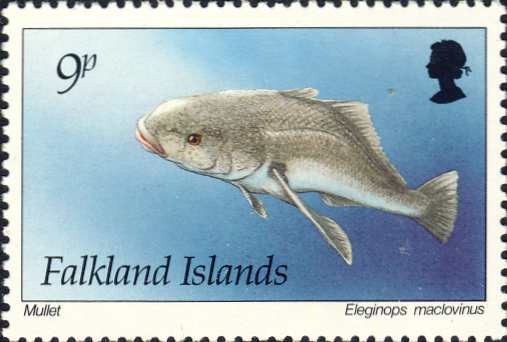
Collection Georges Declercq, www.marinespecies.org
Eleginopidae: Patagonian blennies
There is one species, Eleginops maclovinus. It is found around South America and was once on a Falkland Islands stamp.
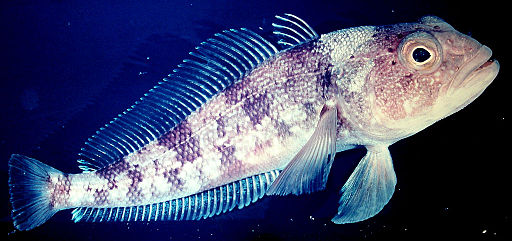
By Zureks (Own work) [CC BY-SA 3.0 or GFDL], via Wikimedia Commons
Nototheniidae: Cod Icefishes
These species seem like the most normal out of the icefishes. They lack swimbladders, and most species are benthic (bottom-dwelling). However, some live in the water column by using lipid deposits and a reduced skeleton to maintain buoyancy.
Harpagiferidae: Spiny Plunderfishes
What's a pirate's favorite fish? A Spiny Plunderfish! No idea how it got that name, or the scientific one either. There is one genus, Harpagifer. It lacks scales and a chin barbel.
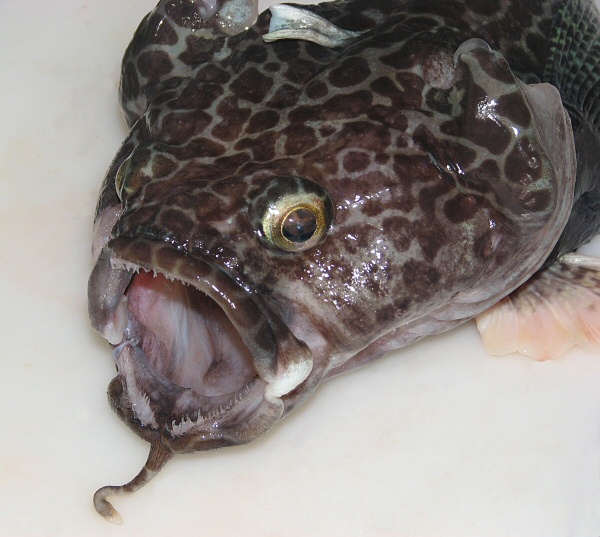
By GeSHaFish (Own work) [CC BY-SA 3.0], via Wikimedia Commons
Artedidraconidae: Barbeled Plunderfishes
What's a pirate's second favorite fish? A Barbeled Plunderfish! I bet you can't guess what the major difference between this and Harpagiferidae is...that's right, these fishes have chin barbels! Give yourself a pat on the back.
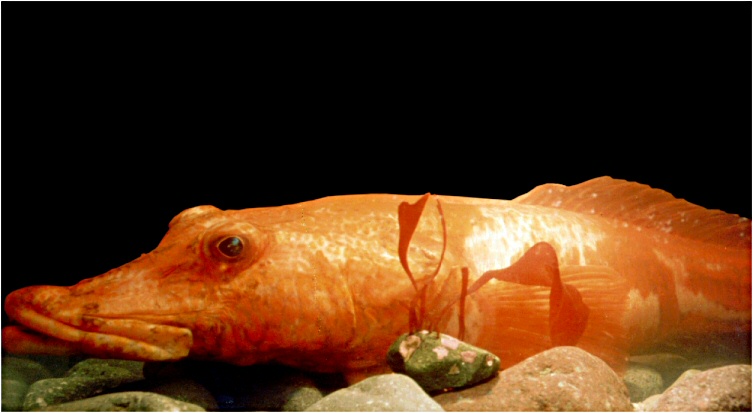
By GeSHaFish (Own work) [CC BY-SA 3.0 (http://creativecommons.org/licenses/by-sa/3.0)], via Wikimedia Commons
Bathydraconidae: Antarctic Dragonfishes
There's a bunch of these fishes, they live in the Antarctic, the mouth is nonprotractile, and some species have a connection between the nasal cavity and mouth. And that's about it.
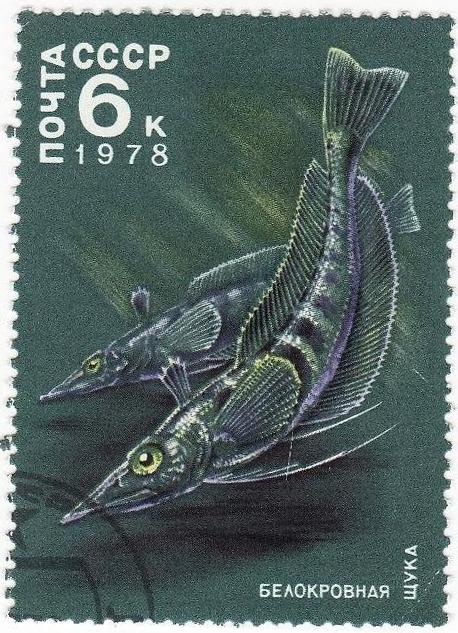
By Post of the Soviet Union (OWN SCAN) [Public domain], via Wikimedia Commons
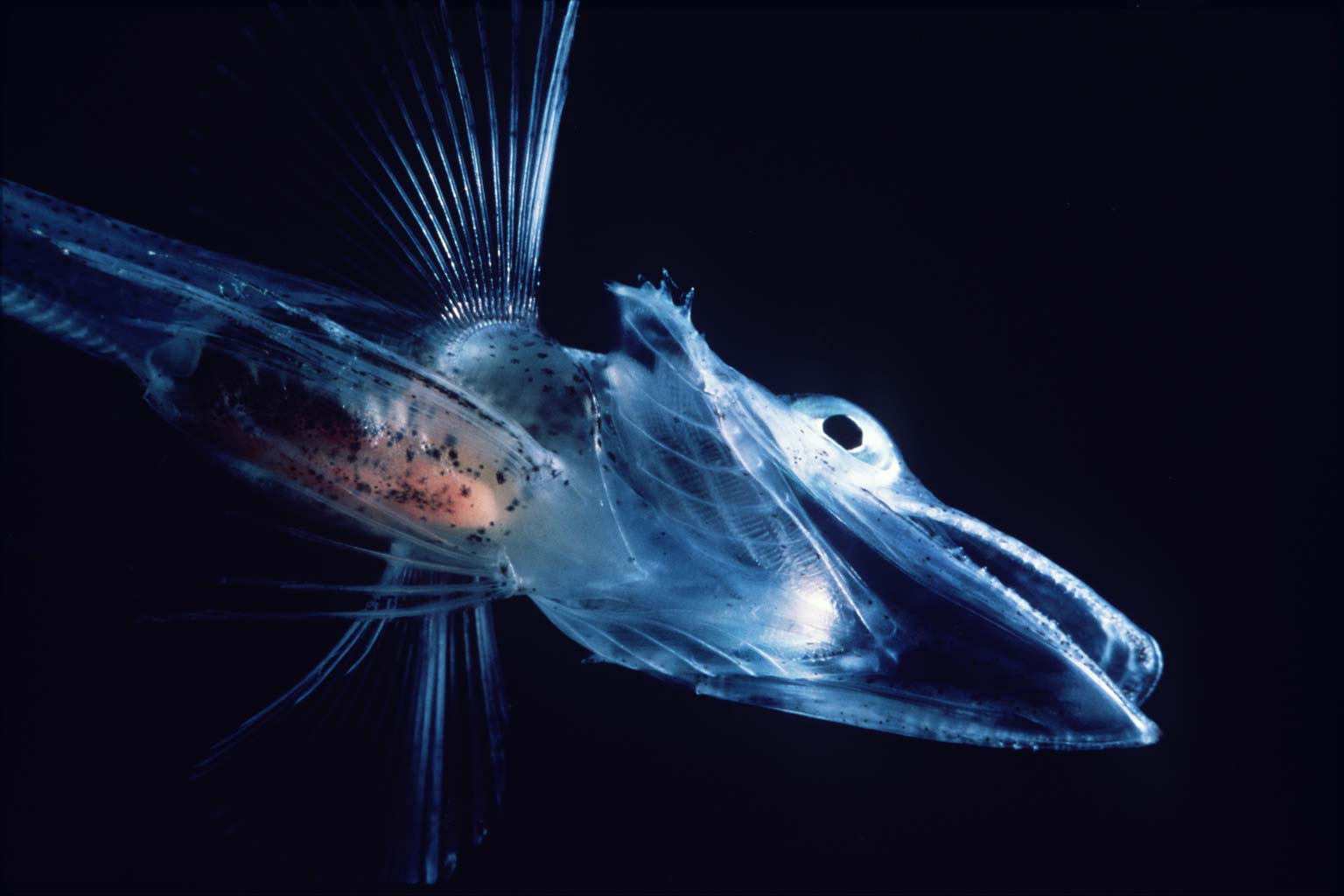
Channichthyidae: Crocodile Icefishes
These fishes are super cool, literally. They have colorless blood because they lack both red blood cells and hemoglobin! Not only that, but their muscle lacks myoglobin. These fishes can survive because there is high oxygen in the water (the colder water gets, the more oxygen is dissolved) and they have high blood flow. The heart lacks blood vessels and is extra spongy to directly absorb oxygen from the blood. There is no evolutionary advantage to losing hemoglobin, so it is thought that a decrease in competing species provided opportunity for these fishes to survive with less-than-perfect adaptations (you can read more here). They do lack scales so it is thought that some oxygen is absorbed straight through the skin, though it is much less than that absorbed through the gills.